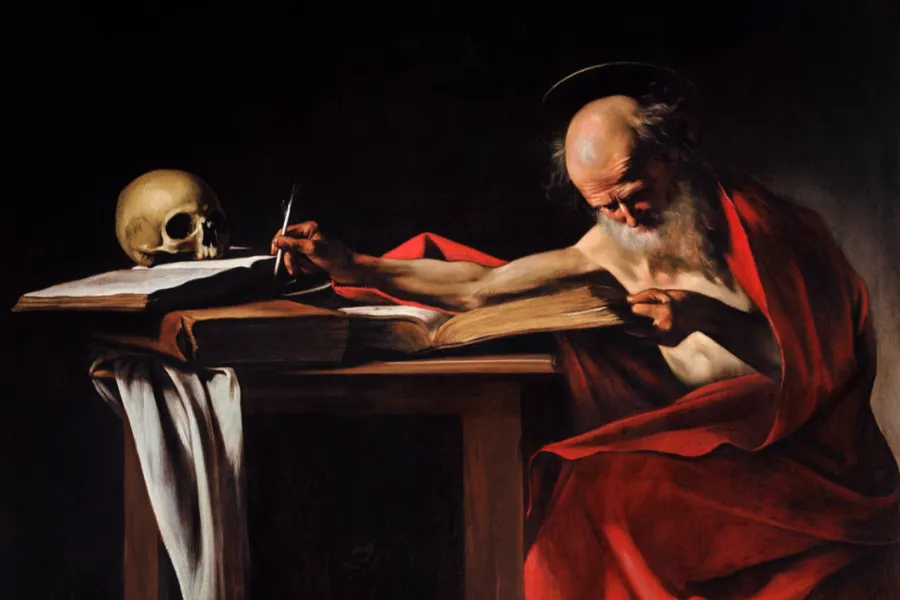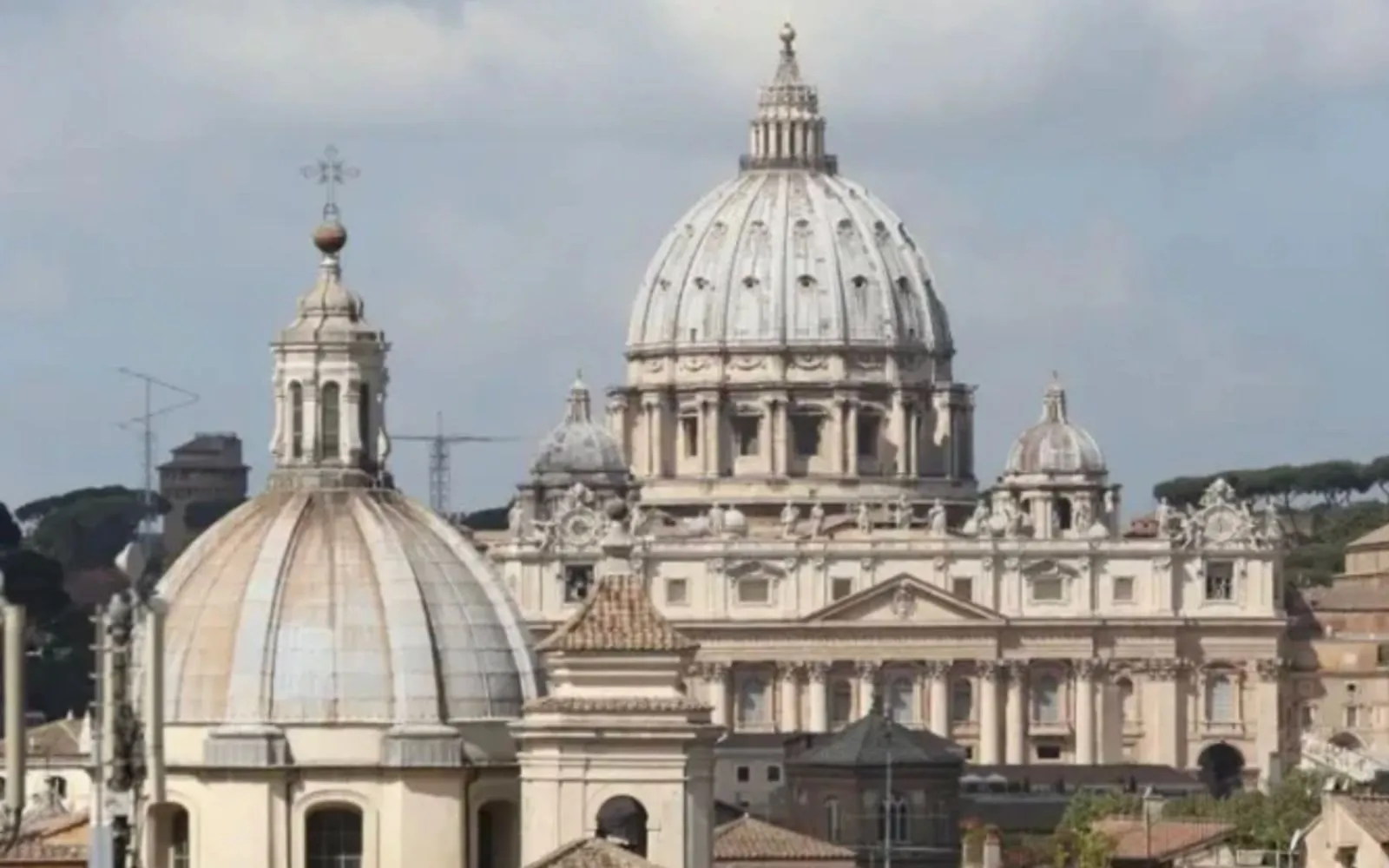Staudt affirmed the pope's recognition of the intellectual life.
“The intellectual life remains a crucial element of the Christian apostolate. Christ is the Word and our own minds must become attuned to his truth. St. Jerome reminds us in Catholic education of the importance of understanding words and meaning so that we can enter into the revelation of the Word of God. Attention to the words of Scripture requires effort and is meant to lead us into an encounter of prayerful contemplation,” Staudt explained.
“St. Jerome used his extensive classical learning, purified by years of fasting and penance, at the service of the Church. With the huge spike in classical education in recent years, Jerome provides a model of integrating a robust intellectual life with an ardent pursuit of holiness,” the theologian explained. “His grasp of grammar and rhetoric were profound, yet he used them in humble service of the Gospel.”
Pope Francis said there are two dimensions which characterize St. Jerome and help his personality to be understood: one is his “absolute and austere consecration to God” and the other is his “commitment to diligent study, aimed purely at an ever deeper understanding of the Christian mystery.”
St. Jerome also serves as a model for monks and for scholars, “who should always keep in mind that knowledge has religious value only if it is grounded in an exclusive love for God, apart from all human ambition and worldly aspiration,” Francis noted.
(Story continues below)
Jerome lived from around 345 to 420. He spent much of his life in Rome or in the Holy Land, where he died.
The Doctor of the Church translated, among many other works, the books of Scripture into Latin, giving the Church what is known as the “Vulgate.”
“Francis points out that Jerome’s Vulgate stimulated the development of Christian culture. As Catholics return more and more to the study of Scripture, we can hope that this will reorder our minds, imaginations, and hearts to guide us in our own needed work of rebuilding. Like Jerome, we must translate and transmit the Gospel to our generation, allowing the Word of God to shape our efforts in the New Evangelization,” Staudt said.
In addition to his Scriptural translation, St. Jermone also wrote numerous letters on Scripture and is known to have used somewhat polemical language.
Pope Francis explained that “if, as a true ‘Lion of Bethlehem,’ he could be violent in his language, it was always in the service of a truth to which he was unconditionally committed.”
He added that the polemical dimension of the saint’s writings can be best understood if read in light of the authentic prophetic tradition of the time.
Jerome studied Scripture because it “led him to know Christ,” the pope also noted. “Jerome saw his studies not as a pleasant pastime and an end unto itself, but rather as a spiritual exercise and a means of drawing closer to God.”
The pope’s letter also urged Catholics to rediscover Scripture with St. Jerome as a guide, because “he leads every reader to the mystery of Jesus.”
In his writings, the saint did this, he stated, by “responsibly and systematically providing the exegetical and cultural information needed for a correct and fruitful reading of the Scriptures.”
St. Jerome had many skills, the pope said: “competence in the languages in which the Word of God was handed down, careful analysis and examination of manuscripts, detailed archeological research, as well as knowledge of the history of interpretation… This outstanding aspect of the activity of Saint Jerome is also of great importance for the Church in our own time.”
Pointing to Dei verbum, one of the central documents of the Second Vatican Council, dedicated to Divine Revelation, he said if “the Bible constitutes as it were ‘the soul of sacred theology’ and the spiritual support of the Christian life, the interpretation of the Bible must necessarily be accompanied by specific skills.”
“Sadly, the richness of Scripture is neglected or minimized by many because they were not afforded a solid grounding in this area,” he said.
“Together with a greater emphasis on the study of Scripture in ecclesiastical programmes of training for priests and catechists, efforts should also be made to provide all the faithful with the resources needed to be able to open the sacred book and draw from it priceless fruits of wisdom, hope and life.”
Hannah Brockhaus is Catholic News Agency's senior Rome correspondent. She grew up in Omaha, Nebraska, and has a degree in English from Truman State University in Missouri.








